Inside London’s temporary accommodation timebomb
When you are forced to share a shower with 16 other people, social distancing isn’t just difficult... it’s impossible. Flavia Cappellini speaks to some of the 612 families holed up in hostels in Southwark about London’s ‘Achilles heel’ in the fight against coronavirus
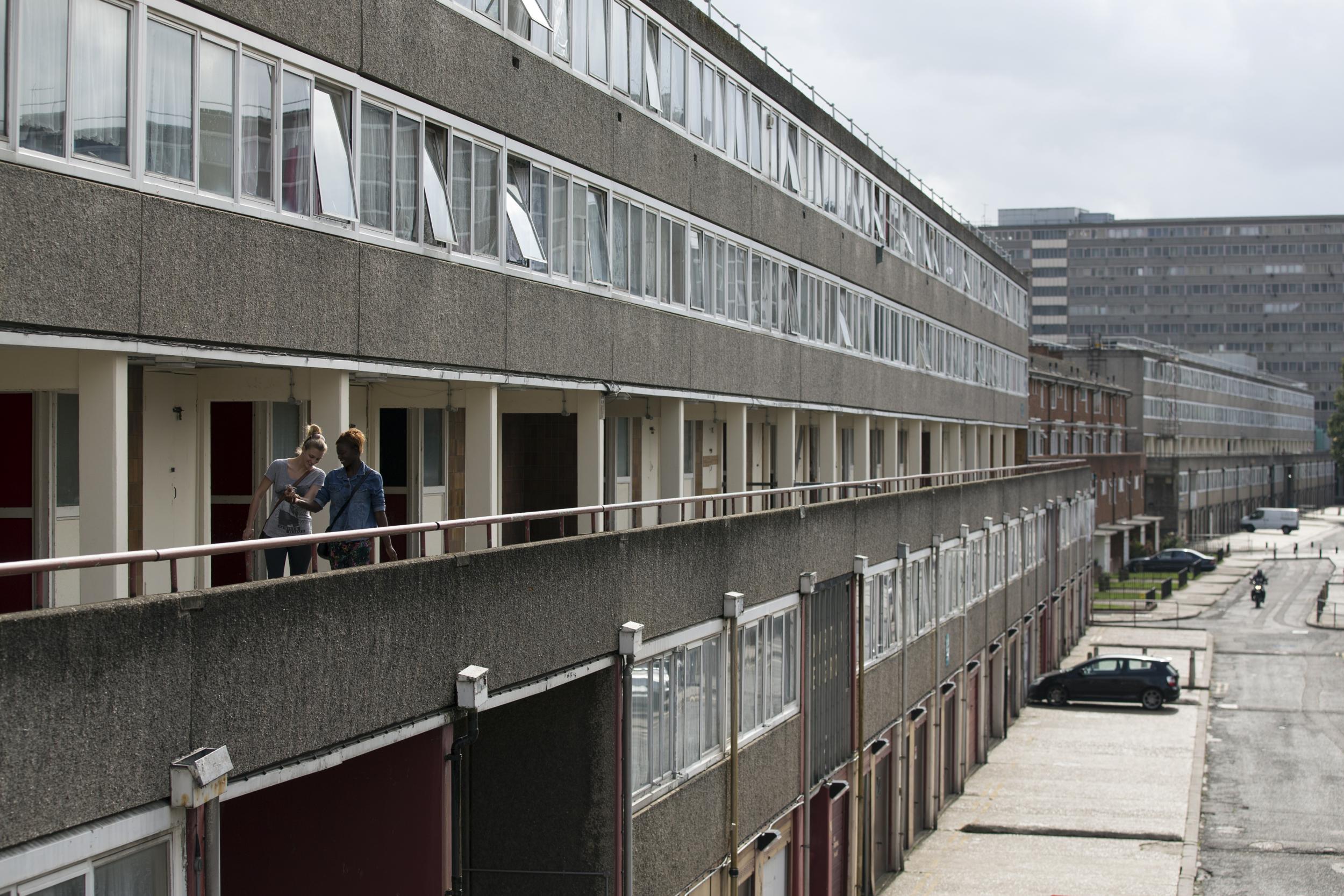
It’s early morning: time for Gaby to give her two-year-old daughter a bath. She takes the child out of bed and puts her in the kitchen sink. “We are lucky she still fits in,” says Gaby, who sleeps in the kitchen along with her husband and their youngest. The small bedroom is for their 11-year-old daughter. The parents start washing the baby. “She has low immunity defences and bone issues. Doctors told us that we need to be extremely careful because of Covid-19. We cannot risk using the shower.”
When the worldwide pandemic first emerged, Gaby and her family were under the housing responsibility of Southwark Council. Now – when it is killing hundreds of people a day in the UK and the country is in lockdown – the family only have access to one shower shared with five other families who live in the same building. In a five-storey hostel with shared facilities, social distancing is next to impossible. Gaby and her husband are unable to give their vulnerable child the protected environment she needs.
“The rest of the family wear trainers when showering, but the situation is outside our control,” Gaby tells me. Their case is not exceptional: there are 612 households living in hostels with shared facilities in the Borough of Southwark alone.
Sharing spaces with strangers requires everyone to disinfect everything they touch, every time they touch it: a light switch, the tap, the toilet flush, kitchen utensils. But people can forget, often touching their faces or other surfaces in between washes.
The first signs of coronavirus can appear within a week – plenty of time to potentially contaminate the building and all of its inhabitants. There’s no question that a hostel like the one where Gaby and her family live would be a hotbed for the illness. The long unresolved London housing crisis has become an underestimated public health threat.
“Inadequate shelter and overcrowding are major factors in the transmission of diseases with epidemic potential such as acute respiratory infections,” the World Health Organisation stresses. So why are councils with a duty of care to house homeless families exposing them to such a danger?
Kieron Williams, cabinet member for housing management and modernisation at Southwark Council, says that people who are waiting for a permanent socially rented home in the borough can be expected to be housed temporarily in private self-contained housing. However, these are in short supply as the cost of private rents outstrips what can funded through local housing allowance: consequently, many have been accommodated well outside of their local area, as far as Maidstone in Kent or Grays in Essex.
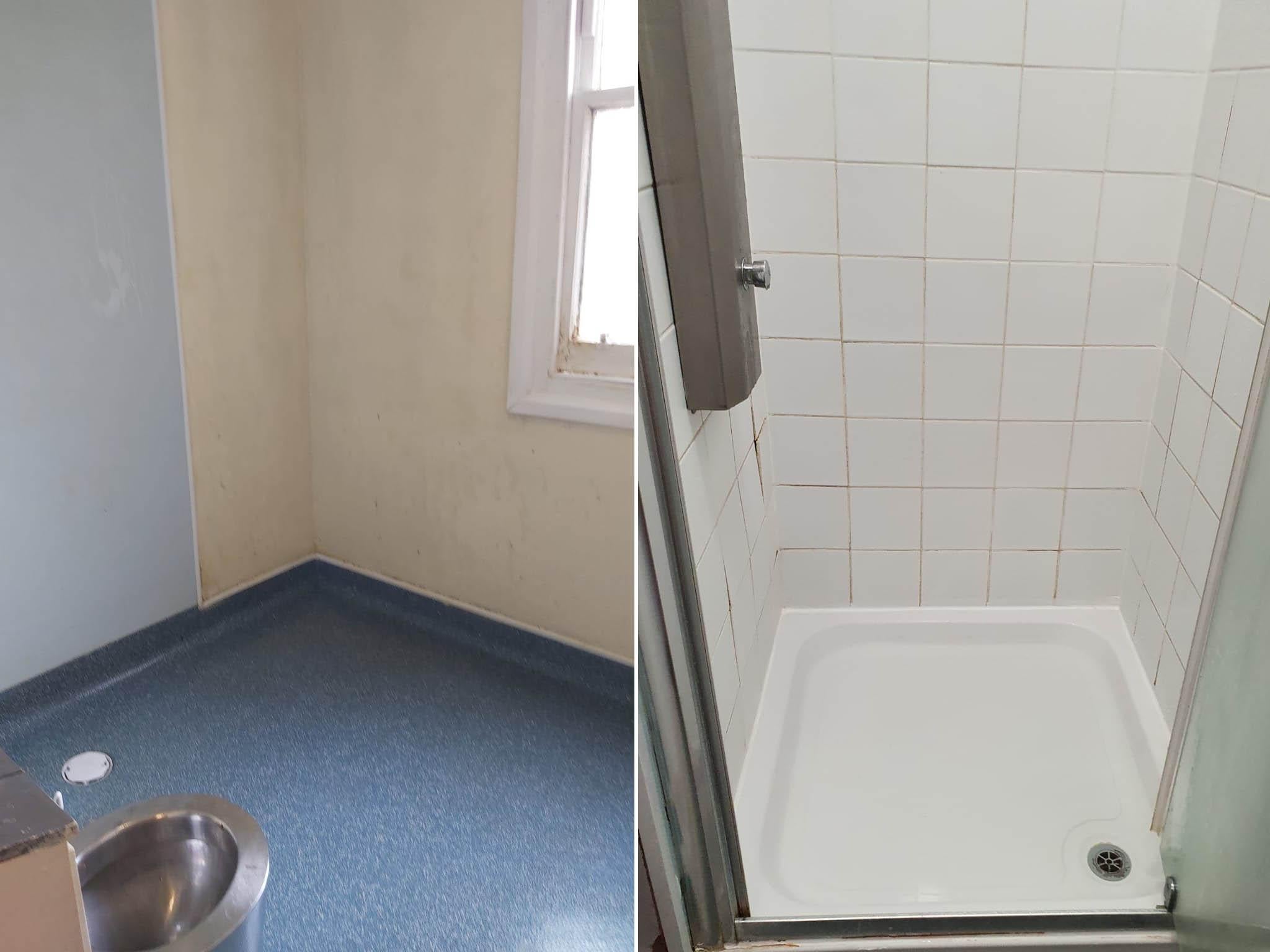
Privately run hostels with shared facilities are often the least worst option, because they are cheaper and allow families to stay in the borough for work, school or healthcare while they wait for months, sometimes even years, for a permanent home.
“We have to be honest and say that the London housing market is completely broken,” says Williams. “The average rent of a two-bedroom flat in Southwark at this time is now £26,000 a year. That’s more than the medium pay of someone in full-time employment. We need radical reforms.”
Gaby turned to Southwark Council for help in November 2018, when she was about to quit her job as a cleaner due to health reasons. “I used to clean 60 office toilets a day,” she says. “My body just couldn’t cope anymore.” Although her partner is employed full-time, one salary is not enough to pay rent locally. Since then, they have been living in the hostel.
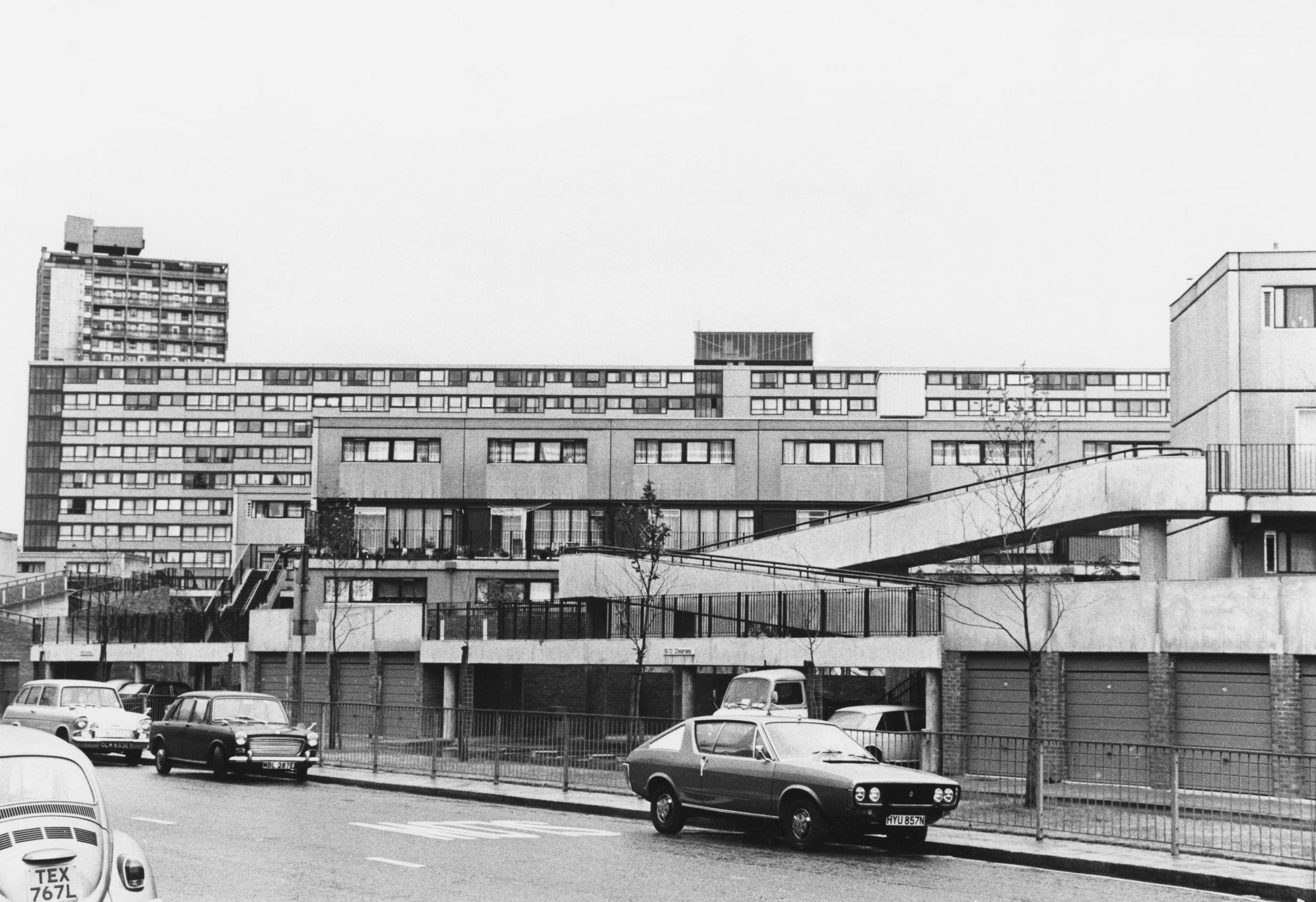
Gaby quickly found herself checking up on the cleaner who visits the hostel three times a week, discovering in horror that she would only wipe the floor of the common areas. She decided to take matters into her own hands and got hold of the key to the toilet on their floor, to make sure only she and her family could use it. “We are supposed to share the toilet with another room, but the occupants left so in theory it should be only for ourselves. However, the five families downstairs are in the unlucky position that one of their two toilets has been broken for few weeks and nobody came to repair it, so they try to use ours.
“I feel bad to lock it because I know they must be just as worried as I am, but what can I do?”

Gaby is not alone in taking extraordinary measures to protect her family from coronavirus. In another hostel in Southwark, an 11-year-old boy is determined to make sure his mum, Dolores, stays safe during the pandemic.
“He always says: ‘Mum, don’t open the door, I will open it for you.’ ‘Mum, don’t cook, I will make lunch for you.’ He hardly allows me to go to the toilet which, by the way, always smells of urine,” Dolores says. She sleeps in a room with her son, but they have been sharing the kitchen and bathroom with eight other people since May. Dolores works as a cleaner for corporate offices, earning £10.75 an hour, but being a single mum means she needs to sacrifice shifts to take care of her son.
“I will be forever grateful for the help the council gave me and I never intended to complain,” she says. However, “in the last couple of weeks I started to get really scared”. Her son stopped going to school on 18 March but she had to keep travelling to work in central London until the 23 March, by which time the majority of the people working in the office had already packed up their laptops to work from home. At the time, Southwark had the highest number of confirmed coronavirus cases in the country. She was nervous: what was the point of telling her child not to leave the room if she could have been infected at work? She has no space to self-isolate – their beds are right next to each other and it is practically impossible to stand two metres apart in the room.
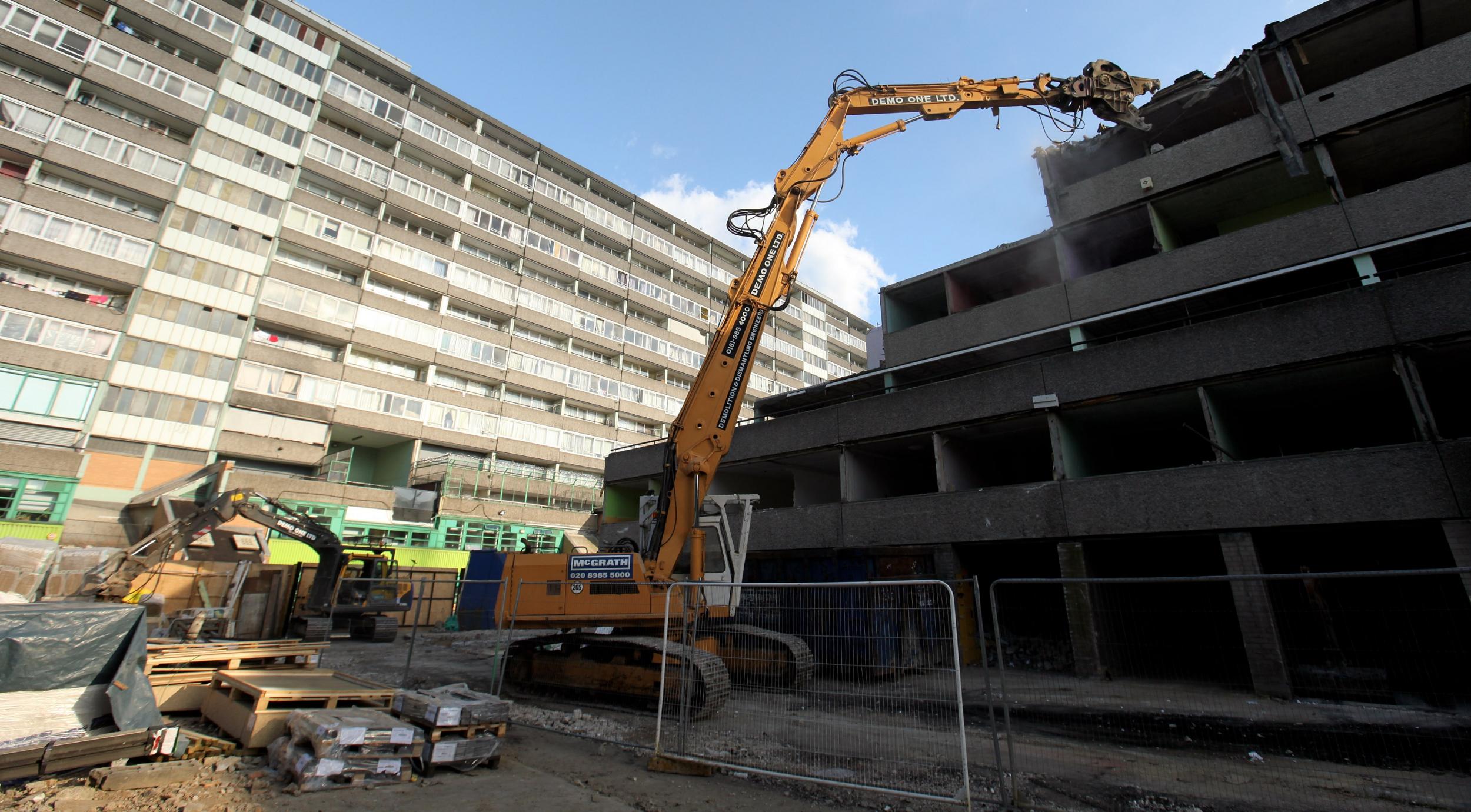
Posters advising residents to wash their hands for 20 seconds have been the only communication from management in both Gaby and Dolores’s hostels so far. Residents have not been approached to make sure everyone is aware of the basic self-isolation and social distancing rules. Dolores has noticed that the cleaner visits her hostel more frequently nowadays, but Gaby has not seen that happen where she lives – so there doesn’t seem to be a systematic response.
The government has pledged £3bn to fund bringing rough sleepers indoors as a priority, but no clear support has been given to local authorities to reallocate those living in hostels. “Our long-term aim is not having any families in shared facilities accommodation at all. And now we have a much more fast-paced system to support them in these situations,” Williams tells The Independent. “We will contact them as we have places to offer, but it is going to be a challenge”.
Gaby and Dolores are both members of Housing Action Southwark and Lambeth (HASL), a community group of around 400 local people affected by housing issues who meet every two weeks. “We are not trying to replace state provision, we are trying to help people to enforce their rights to state provision,” says Izzy Koksal, one of the HASL volunteers who has been monitoring the impact of the coronavirus emergency on members of the groups that reside in hostels. “Even before the coronavirus, they find themselves in terrible conditions … but they are too scared to speak up because of the risk of being moved out of the borough.”
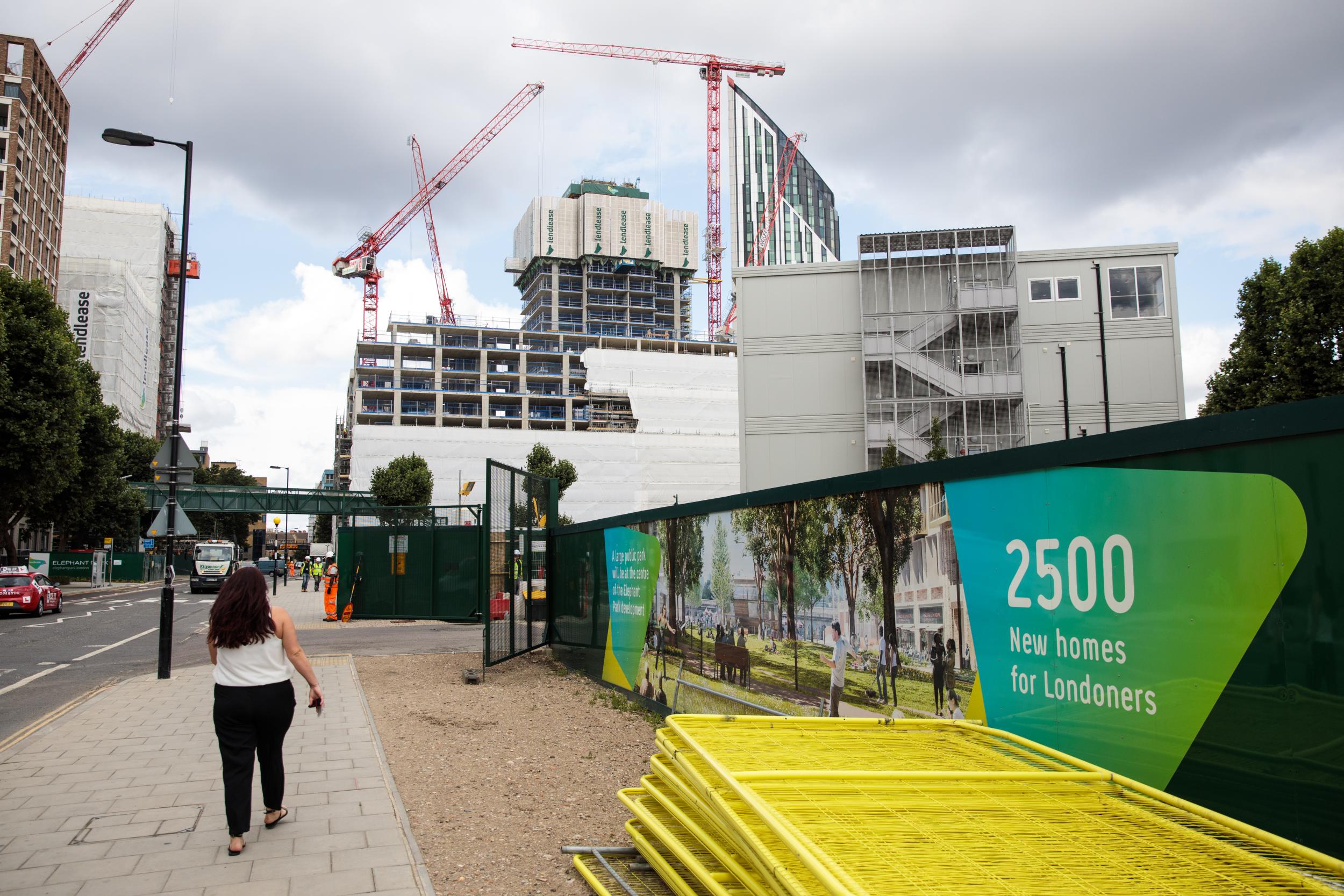
Relocation has been used by the manager of the hostel where Gaby lives as a powerful tool of intimidation. A group of people that entered the facilities illegally multiple times in January and February tried to force her door and caused damage to the common areas, including smearing “bye” in faeces on the toilet door. “The police came and suggested I should tell Southwark Council. After they left, the manager warned me that if I did that, he would make sure my family would be re-housed really far away.” Even though she knew he didn’t have the power to enforce such a threat, she didn’t have the courage to contact the housing office.
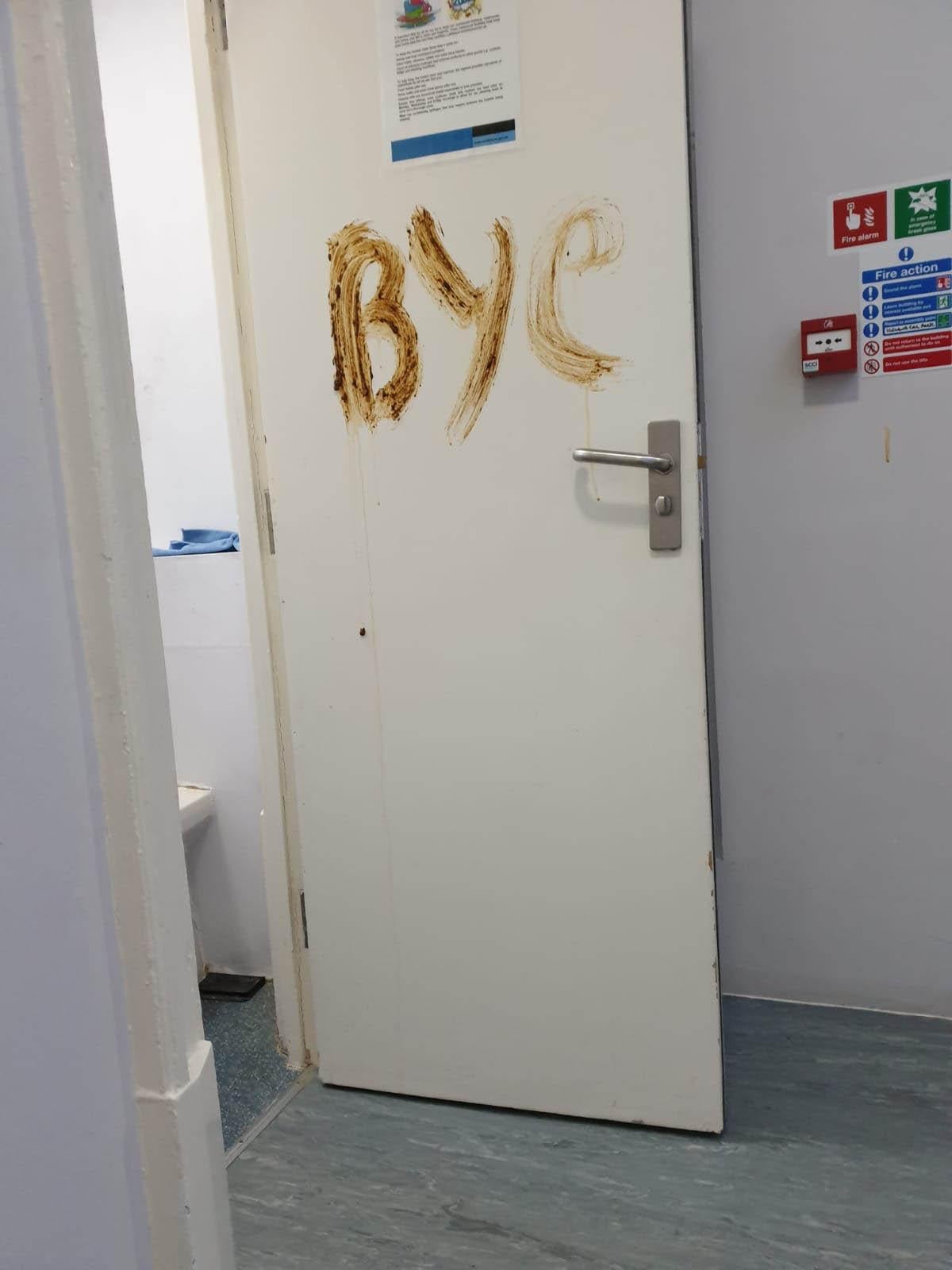
At a time when being able to live in suitable accommodation is a matter of public health more than an individual’s privilege, latest figures show there are still 1,015 vacant properties in Southwark. Nevertheless, the council does not believe they will be able to re-accommodate all of the 612 households currently living dangerously in temporary accommodation with shared facilities. According to HASL, the local housing office is working round the clock to respond to the emergency and expects 60 self-contained flats in the borough to be available shortly. The most vulnerable will be given priority, while the majority will have to stay where they are.
Although Southwark Council is the largest council landlord in London, supply falls far below demand. According to the latest statistics, by the end of last year Gaby and Dolores were only two among 6,000 families registered on housing list and legally entitled to social housing.
Williams believes the immediate response to the health crisis can be found in private rentals: “What would make the big difference for us to meet that need very quickly, is if the government removes the cap on local housing allowance, allowing us to rent any properties for those families with self-contained facilities within the borough.” However, he acknowledges that the long-term solution must be social rented housing. Southwark’s has pledged to build 11,000 new council homes in the near future: “Any redevelopment on any council land [will have] as many council homes at the end as there were at the beginning.”
Southwark planning permissions, however, have not been always inspired by this principle. Grassroots groups like HASL, Southwark Notes, Latin Elephant, 35% Campaign, and Southwark Defend Council Housing among others, have been actively protesting against the controversial £3bn development project in Elephant and Castle, with some describing it as social cleansing. In March 2019, the Financial Times reported that the area was shifting “from social housing to ‘build to rent’”. Thousands of council homes have been demolished (the Heygate Estate) and largely replaced by more expensive dwellings for new residents or investors, contributing to the rise in the median rent for a two-bedroom apartment to £2,496 per month. Other council estates are currently under demolition (the Aylesbury Estate) and, according to Williams, the number of council homes demolished will be matched by socially rented houses, owned by a housing association set up by the property developer Notting Hill Genesis.
“The lack of council houses in London is partly why HASL exists,” explain Koksal, who remains sceptical about the council’s ability to deliver on their promises after one developer, Lendlease, was accused of failing to provide the agreed number of affordable homes and social rents in return for planning permission. Local groups have been campaigning for years to increase the number of council houses, abolishing the local allowance cap and reallocating housing for families in overcrowded conditions. “Now the consequences of ignoring those issues are deadly. It should not take Covid-19 to take action, right? It could all have been done decades ago and stopped a lot of needless suffering,” Koksal adds.
If housing is the UK’s Achilles heel, that is where this pandemic is being felt the hardest. All of a sudden, the pain that key workers are experiencing can no longer be ignored. The illness is contagious and has proved able to spread widely across society, from hostels to luxury apartments, levelling the needs of everyone to those of the most vulnerable far faster than council houses can be demolished and regenerated.
Join our commenting forum
Join thought-provoking conversations, follow other Independent readers and see their replies
Comments